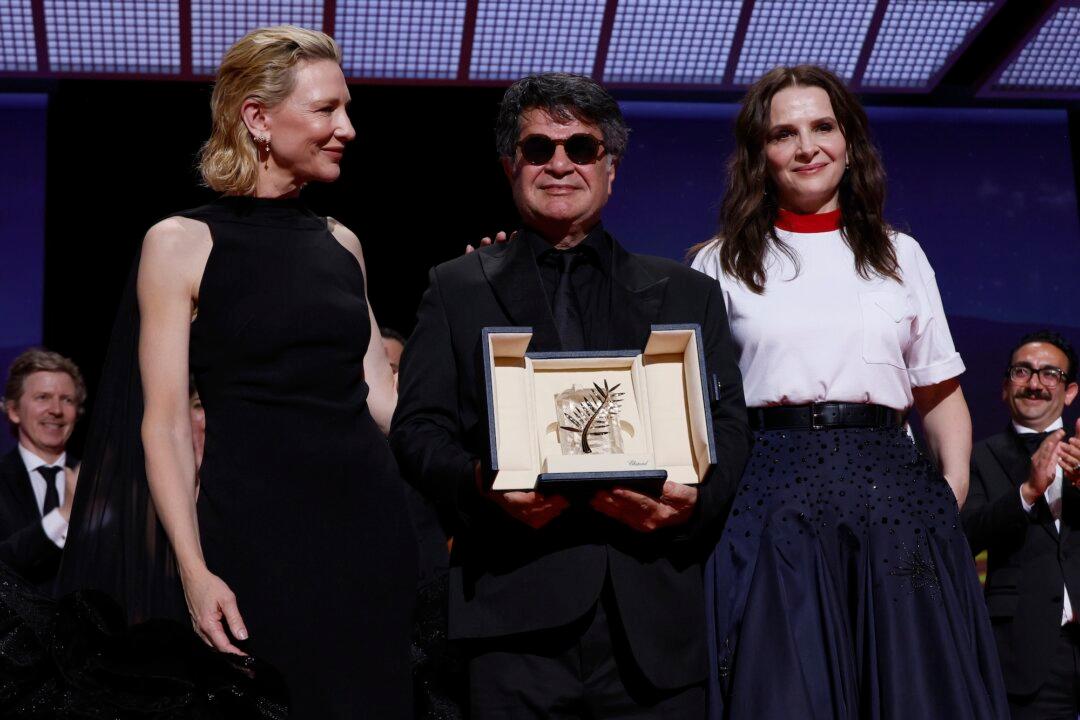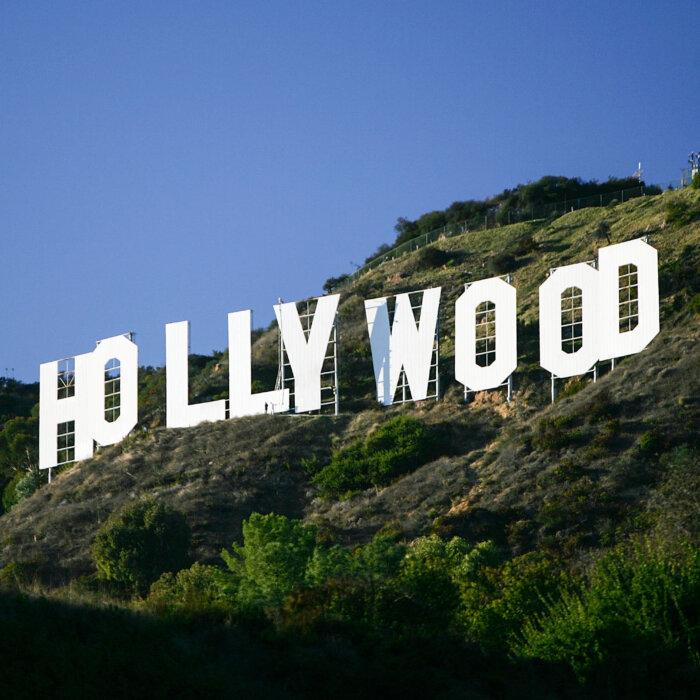Iranian filmmaker and longtime regime critic Jafar Panahi has won the top prize at the Cannes Film Festival in France for the film “It Was Just an Accident,” a revenge drama rooted in his experiences behind bars.
Panahi was presented the Palme d’Or—the coveted top prize at the iconic festival—by actress Cate Blanchett on May 24 in a ceremony that marked a career high for the 63-year-old director whose work has long challenged Iran’s ruling establishment. The award comes three years after Panahi was imprisoned for allegedly spreading propaganda against the regime in Tehran—a sentence he protested with a hunger strike.
Barred from international travel for more than 15 years, Panahi continued making films in secret in Iran, including the acclaimed “This Is Not a Film,” shot in his living room, and “Taxi,” set entirely in a car. But this year, he appeared in person at Cannes, where he called for resistance against repression.
“Let us join forces,” Panahi told the crowd at Cannes. “No one should tell us what kind of clothes we should wear, or what we should or shouldn’t do.”
Inspired by his time in prison, “It Was Just an Accident” tells the story of a group of former inmates who encounter the man who once terrorized them—and must decide whether to take justice into their own hands. The film has been described as a blend of minimalist storytelling and political urgency, with themes that have defined Panahi’s career, such as freedom and resistance against tyranny.
Panahi said he plans to return to Iran on Sunday, resisting the path of exile taken by fellow Iranian director Mohammad Rasoulof, who fled to Germany in 2024 after escaping a prison sentence and premiered his latest work at Cannes.







